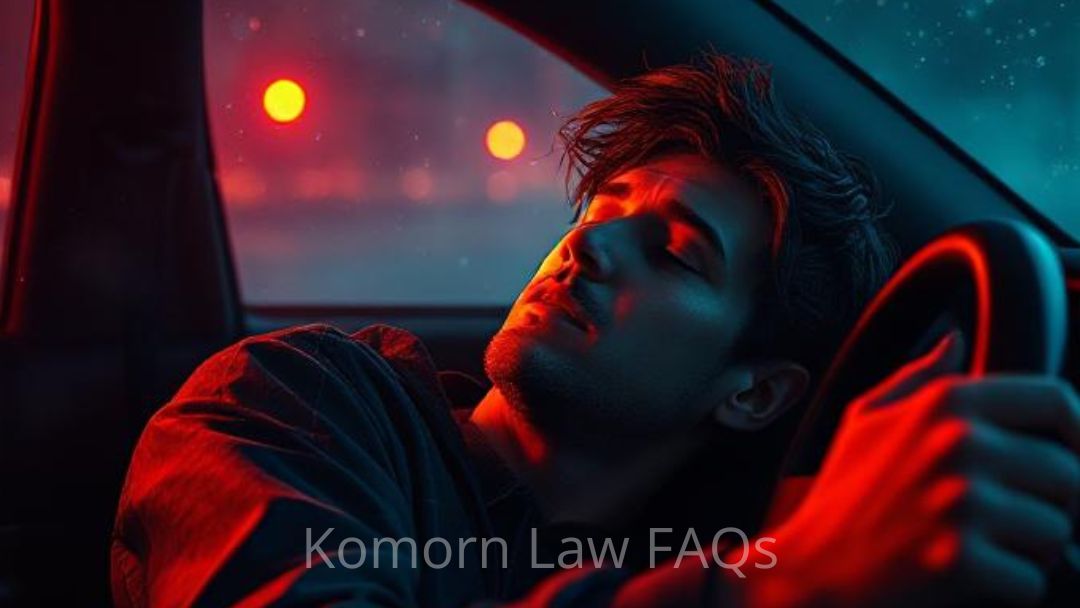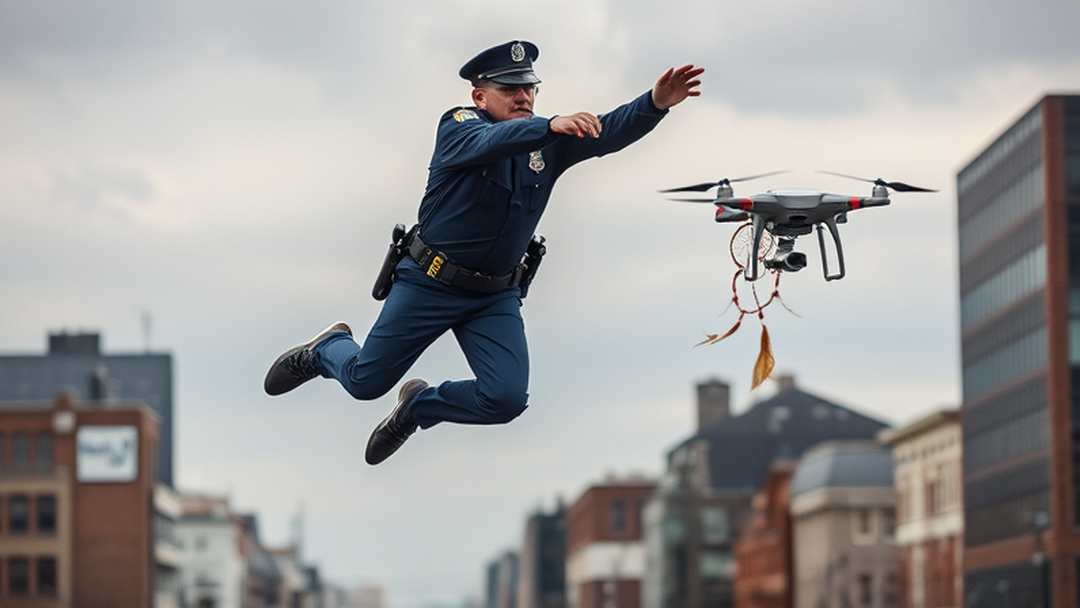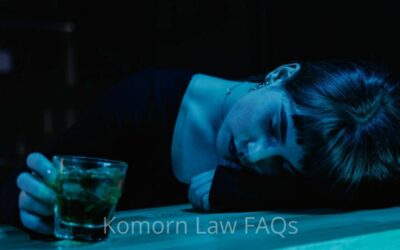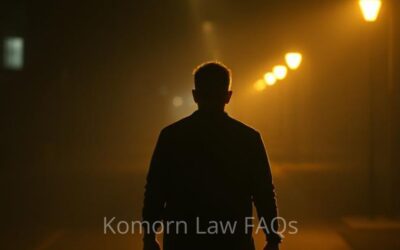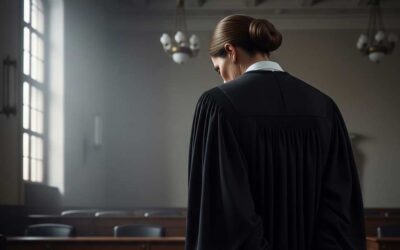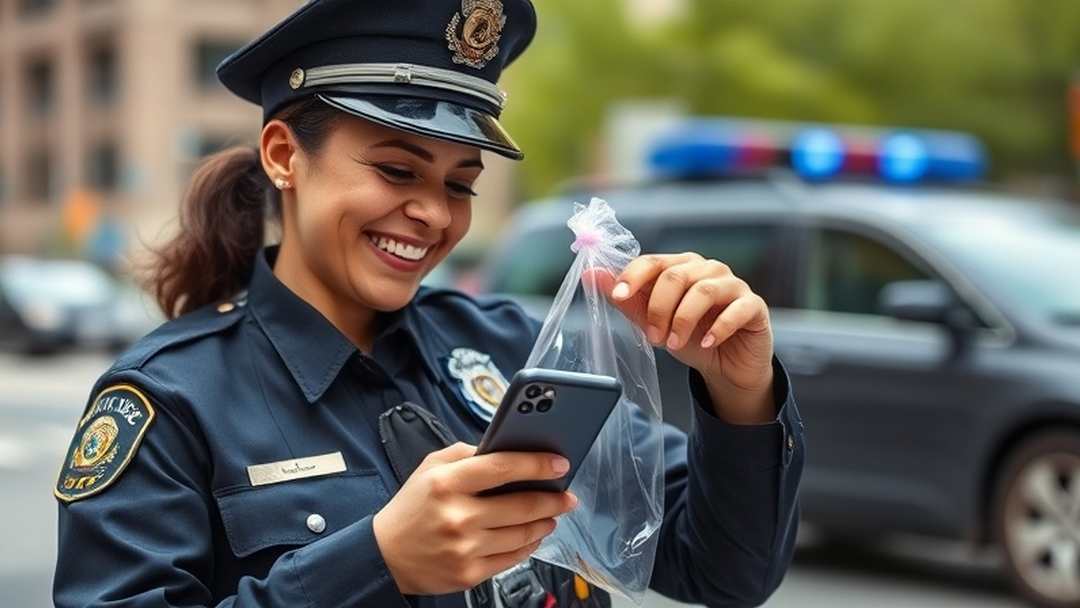Michigan Criminal Laws FAQs Super Drunk (High Breath Alcohol Content)Operating a Vehicle with a High BAC (Super Drunk)...
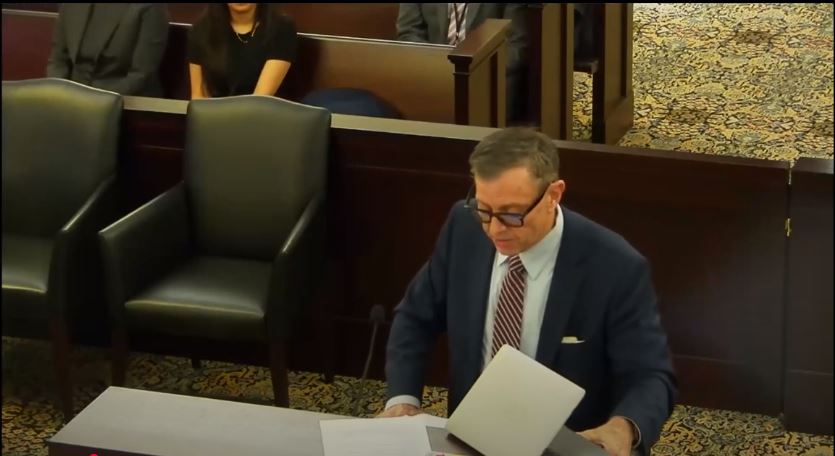
Forfeiture without Criminal Charges
Can the police seize your belongings and hold it without charging you with a crime?
Read the summary below and watch Attorney Michael Komorn in the Court of Appeals.
Summary of “Ruben Delgado v. Michigan State Police”:
This case was filed in the Jackson County Circuit Court on July 8, 2022, by Ruben Delgado against the Michigan State Police Marihuana Tobacco Investigation Section. The case was later moved to the Court of Claims.
The central issue appears to be related to property held by the Michigan State Police from February 5, 2021, until the filing of the complaint. Delgado contended that the State Police had a legal duty to return this property as there was no legal reason for its continued possession.
The Court of Claims ultimately granted summary disposition in favor of the Michigan State Police on April 11, 2024. The court’s reasoning was that Delgado failed to file either a verified claim or a verified notice of his intention to file a claim within one year after the claim accrued, as required by the Court of Claims Act (MCL 600.6431). The court noted that neither the original complaint nor a subsequent letter serving as notice was verified. A proposed verified amended complaint was submitted after the one-year deadline, which the court deemed too late to cure the lack of verification.
Therefore, the case was dismissed due to a lack of jurisdiction under the Court of Claims Act, and the court did not consider the merits of Delgado’s claim for mandamus.
It’s worth noting that this case was appealed to the Michigan Court of Appeals under COA #370739, with the case status listed as “Submitted on Case Call” as of April 30, 2024.
In summary: Ruben Delgado sued the Michigan State Police for the return of property. The Michigan Court of Claims dismissed the case because Delgado failed to properly verify his claim within the statutory timeframe. The case is currently under appeal.
MCOA Oral Arguments April 1, 2025 – Panel 4
If You Tube above fails here is the link below. The segment starts at the 20 minute mark. The link should take you to that point in the video.
More Articles
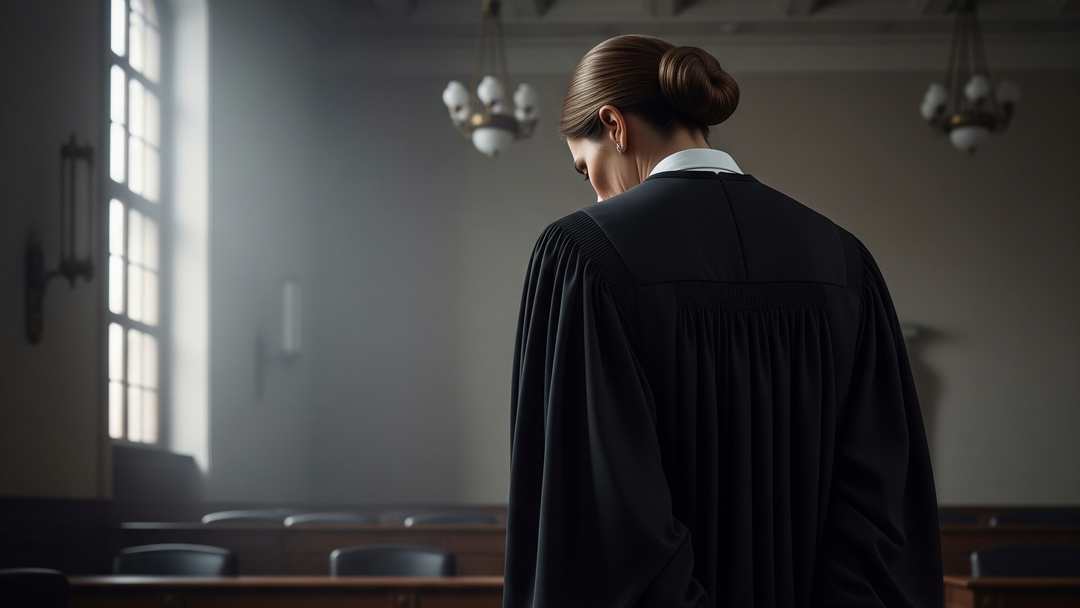
Judicial Accountability in Michigan for Judges
Maintaining public trust in the judiciary is paramount to a functioning legal system. In Michigan, several mechanisms...

Criminal Law FAQs – Traffic Offenses
Michigan Criminal Laws FAQs Traffic OffensesAccording to Michigan State Law (Michigan Compiled Laws - MCL), Traffic...

Criminal Law FAQs – Drunk and Disorderly
Michigan Criminal Laws FAQs Drunk and DisorderlyAccording to Michigan State Law (Michigan Compiled Laws - MCL), there...
More
If I renounce my US citizenship can I get it back?
Venezuela or Bust If I renounce my U.S. citizenship can I get it back?Renouncing U.S. citizenship is a serious legal action. It involves voluntarily giving up your status as a U.S. citizen, usually by signing an oath of renunciation at a U.S. embassy or consulate...
New Laws in Effect for Michigan in 2025
Some laws in effect in 2025 "Enacted by the People of Michigan" Here we go...Minimum wage Improved Workforce Opportunity Wage Act - Michigan's minimum wage will increase twice during 2025, per a 2018 Supreme Court ruling. Starting Jan. 1, 2025, the standard minimum...
The Police Took Your Cellphone – Now What?
Everything you have and say will be evidence used against you. The Police took your cellphone - Now what?After your arrest, you arrive at the police station where you go through the booking process, and your cellphone is taken from you. Once you are released, your...
Feeling Bullied? Here’s Michigan’s Anti Bullying Laws.
Michigan Anti-Bullying Laws & Policies Components of State Anti-Bullying Laws and Regulations How are bullying and cyberbullying defined in Michigan anti-bullying laws and regulations? Michigan anti-bullying laws and regulations include the following...
Former 3M scientist who made unsettling PFAS discovery says bosses deceived her
Gee - What a surprise... When a former 3M scientist discovered the company’s chemicals were in human blood in the general population, she says her bosses misled her to believe it was harmless.3M accused of deceiving its own scientist about PFAS in human blood Hansen...
Drones – What Drones?
Jersey cops launched into the night sky with catapults to throw dreamcatchers at the unknown drones to entangle their props and bring em down! Just kidding - I think.Darrr.. What drones? Those drones pose no threat there are no drones. That's just a balloon,...


